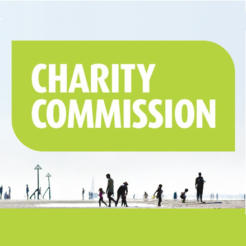The Charity Commission has said it will update its guidance on charity trading following advice given from the Institute of Chartered Accountants in England and Wales.
The Commission will update its CC35 guidance in reflection of a technical report from the ICAEW to say that a distribution cannot be made from a trading subsidiary’s reserves for the purpose of a gift aided distribution to a parent charity.
The ICAEW said it understands that the position in CC35, guidance on charities and trading, was being questioned. It said that in the absence of a clear and simple court precedent and the importance of the issue to charities, it has sought counsels’ opinion on the matter.
It said that the legal advice confirmed that the payments are distributions, and therefore “to the extent that any payment exceeded profits available for distribution, payment of the excess was unlawful”.
The Commission said that it has withdrawn the section of guidance following a legal opinion by the ICAEW Charities Technical subcommittee. The section, 4.5 in the guidance, was a response to the question “Can a trading subsidiary pay more to its parent charity in gift aid than the level of trading profits (in accounting terms) which it has earned?”
The ICAEW issued a technical report covering “guidance on donations by a company to its parent charity”.
Jane Hobson, head of policy at the Commission, said: “We are grateful to the ICAEW and will be revising CC35 in light of this input. The planned update will say that a distribution cannot be made from a trading subsidiary’s reserves for the purposes of a gift aided distribution to its parent charity.”
The guidance had previously noted that the point had been debated and was subject to a number of different opinions. As a result it had recommended charities take advice on the matter.
Hobson said that the Commission is not aware of this being a practical issue for charities in the past.
She said: “It is important that charities manage their affairs in accordance with charity and tax law. The guidance in our guidance has always said that charities should take professional advice in these circumstances and that remains the case.”
She added that any questions about tax issues are for HMRC. The ICAEW said that HMRC are considering the tax impact of this for charities and their trading subsidiaries, and will publish its view in due course.
The ICAEW said that where the subsidiary company has made unlawful distributions, “its parent is liable to repay the excess and those who were directors of the subsidiary at the time of that distribution may be liable in certain circumstances.
The ICAEW said that charities may wish to take legal advice in relation to their specific circumstances.









